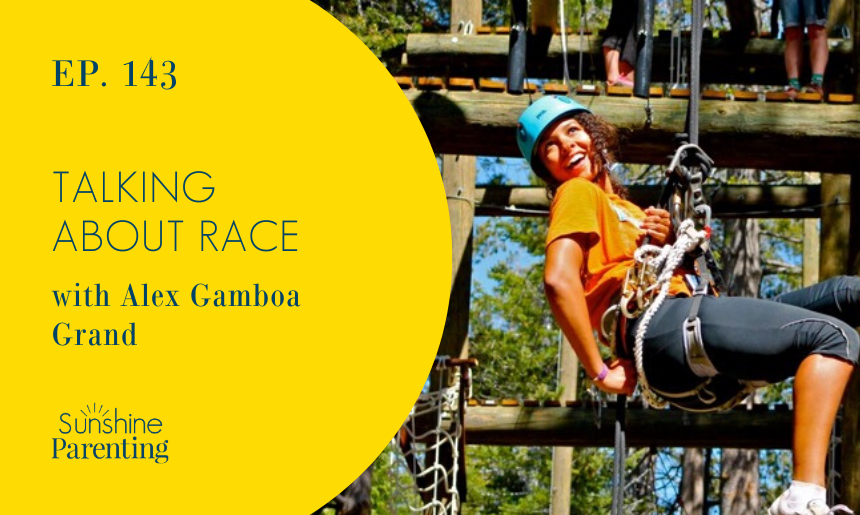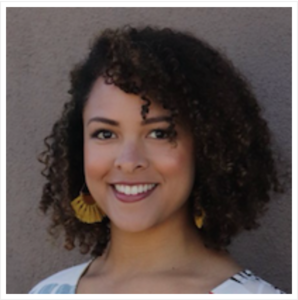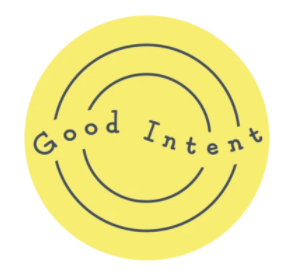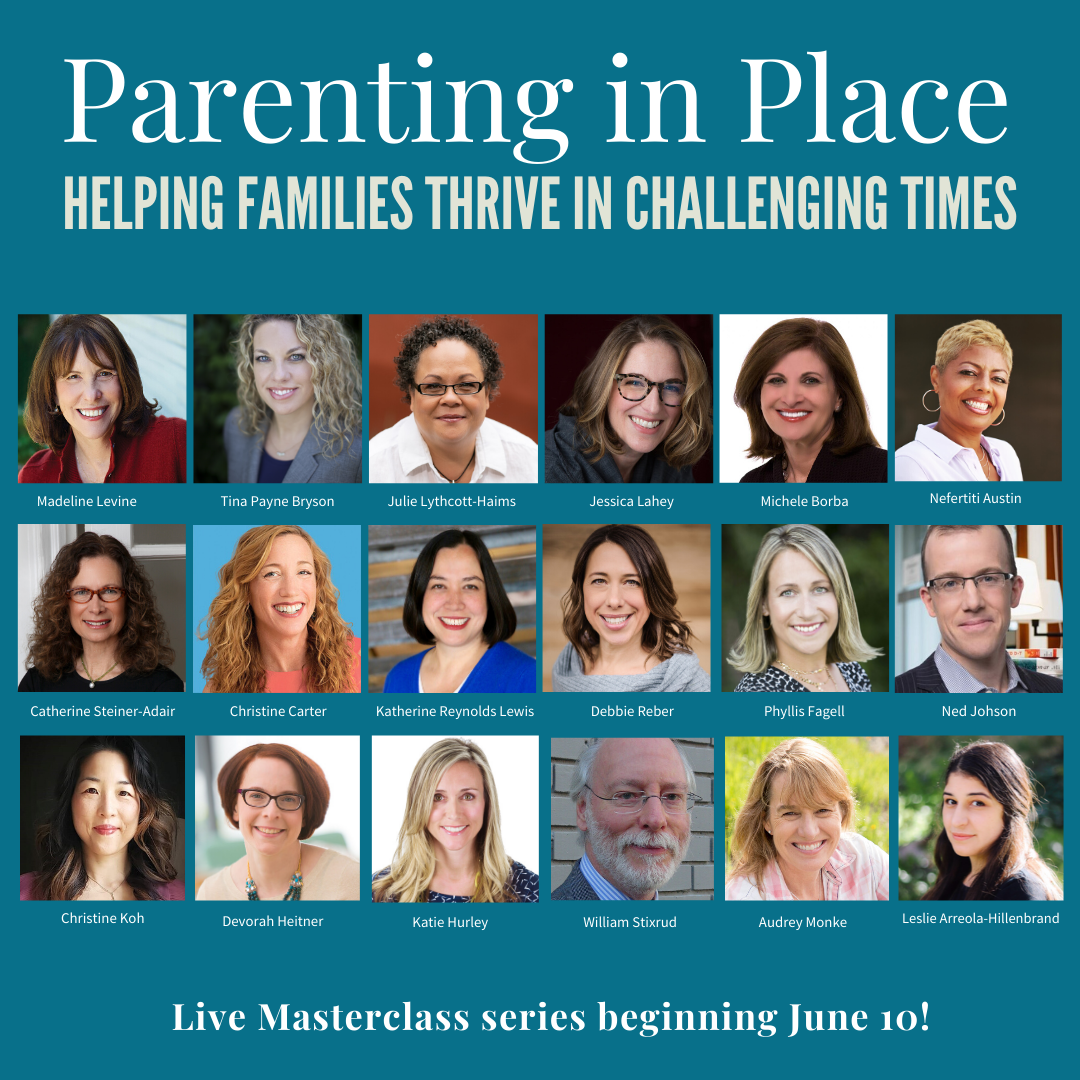
Ep. 143: Talking About Race with Alex Gamboa Grand
Parenting in Place Masterclass Series

Alex Gamboa Grand
This week on the podcast, I’m having a conversation with Alex Gamboa Grand about race. I’ve known Alex for twenty years. She came to Gold Arrow Camp as a camper at age 10 and continued on as a staff member (we call her “Loona”). She met her now-husband, Colby “Croakie” Grand at camp. Alex and Colby live in Portland, Oregon.
Alex is the co-founder of Good Intent — an online shop offering sustainable alternatives to everyday essentials like home goods, cleaning supplies, and personal care products. Here’s the description on the website:
“Our mission is to provide the resources and support to demonstrate that low waste living is for everyone, regardless of your age, culture, or socioeconomic status. We want to expand the reach of low waste resources and make alternatives to single-use plastics and everyday disposables more accessible both geographically and economically. We also hope to show that reducing your personal trash output isn’t just better for the environment, it’s also a more practical and more fulfilling way of life.”
Alex is also the Program Manager at Portland State University’s School of Business providing support for underrepresented entrepreneurs in the Portland area who want to grow their businesses.
 Side note: I just spent 30 minutes shopping at Good Intent. The products are amazing –
Side note: I just spent 30 minutes shopping at Good Intent. The products are amazing –
My purchases so far:
Unpaper Towels
Avocado Huggers
Vegetable Crisper Bag
Big Ideas
• There are so many layers to racial injustice.
• It’s important for us to expose our kids to people who are different from them by the books we read, movies we watch, and friends we make.
• While becoming anti-racist, it’s important to remain humble and teachable.
• We all need to say something when a racist comment is made or back up someone who is the one saying something.
Quotes
 Alex: There are a few things that I think that we should all be trying to do more. One of those things is just really humanizing each other. And I think that we do that by going out of our comfort zones a little bit to practice empathy.
Alex: There are a few things that I think that we should all be trying to do more. One of those things is just really humanizing each other. And I think that we do that by going out of our comfort zones a little bit to practice empathy.
Alex: A lot of my white friends don’t have any other friends that are people of color, even though they live in one of the most diverse cities in the country. A lot of my black friends don’t really interact with many white people and a lot of our communities are like that.

Alex: Sometimes we might know somebody, we might have a coworker or something, but we’re not really having authentic conversations, really seeing the humanity in other people. And if you don’t do that, it makes it really hard in those moments that take you off guard.
Alex: I think for parents, that’s something that I would try to be really conscious about is making sure your kids are exposed to people who are different. And that can be really hard because of the nature, you know, our societies, cities, and schools are still so often segregated, whether that was intentional or not.

Alex: I think something that probably most white people don’t realize is that people of color are often going out of their way to make them comfortable.
Audrey: It’s about becoming friends with people and getting close enough where you can be authentic and you can be honest and you can address those things and be more direct because you have that safety and security of the relationship.

Alex: I don’t believe in this binary of a good person and a bad person because people who are a good person can still do a bad thing. And I think that we often see ourselves in each other in those binaries still. I think that we often see people who commit crimes as being a bad person. I think that we see people that look like people we know and we assume that they’re a good person and this happens in the criminal justice system all the time.
Alex: We need to be assuming the best about each other. We need to be recognizing that everyone is a human that has a family and they might be a good son. They might be a good coworker.

Alex: We need to see people as humans.
Alex: We need to understand that we are all capable of being wrong. We need to work on our own humility, openness to being wrong, and to growing.
Audrey: You become wise by listening when someone who’s wise gives you life-giving reproof.
Audrey: I think all of us need that ability to not judge people by their worst mistake, because none of us want to be judged by our worst mistake.

Alex: I think that we all need to just kind of own that we’re all a work in progress. We all have something to learn. Obviously nobody has figured everything out because if we did, if we had a solution to provide, hopefully we wouldn’t be in the situation we’re in.
Audrey: If we can feel comfortable going to a friend and saying, “Okay, I want to do this better. I’m going to not get defensive. Please let me know what I can do to always make you feel comfortable in our community.”
Links
Just Mercy by Bryan Stevenson Book & Movie
Between the World and Me by Ta-Nehisi Coates
White Fragility by Dr. Robin diAngelo
#TheRightConversation Panel: Systemic Racism & Its Psychological Impact Video
Christine Caine and Anita Philips Video
ONE SIMPLE THING
This is a crazy summer with many camps and other programs cancelled. One simple thing you can do is have a family brainstorm about things you’ve been wanting to get better at or try for the first time. Go first, and tell your kids what you’re wanting to do/try. Listen to their ideas and support them in getting the supplies they need to experiment with some new activities. Make it low key. This is a unique opportunity to “dabble” and experiment.
They (and you) may get more in touch with your authentic self!
MY FAVORITE
I’m thrilled to be part of the Parenting in Place masterclass series this summer.
